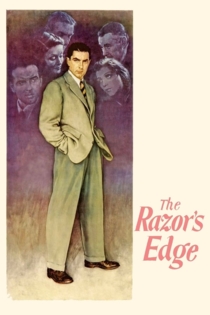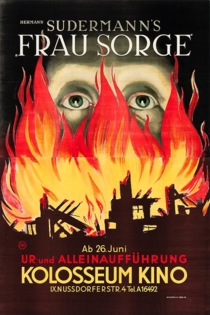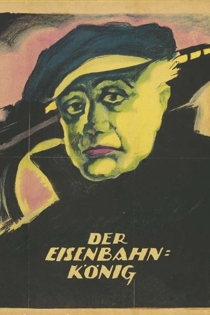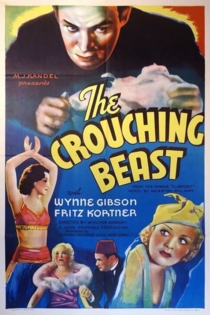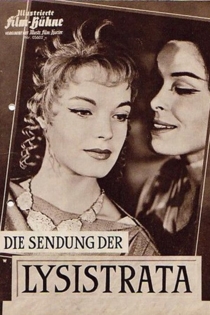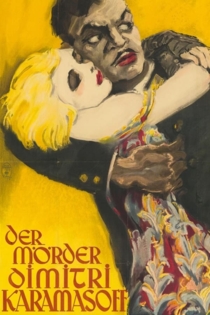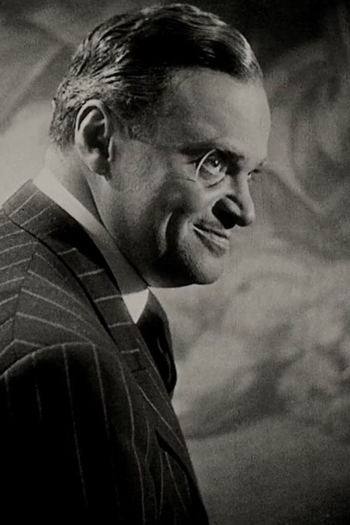
Fritz Kortner
1892 - 1970Kortner was born in Vienna as Fritz Nathan Kohn. He studied at the Vienna Academy of Music and Dramatic Art. After graduating, he joined Max Reinhardt in Berlin in 1911 and then Leopold Jessner in 1916. Also in that year he made his first appearance in a silent film. He became one of Germany's best known character actors. His speciality was playing sinister and threatening roles, though he also appeared in the title role of 1930's Dreyfus.
With the coming to power of the Nazis, Kortner, being Jewish, chose to flee Germany in 1933. He emigrated to the United States, where he found work as a character actor and theatre director for a time before returning to Germany in 1949. Upon his return, he became noted for his innovative staging and direction, particularly of classics such as his Richard III (1964) in which the king crawls over piles of corpses at the end.
Kortner died in Munich.
Description above from the Wikipedia article Fritz Kortner, licensed under CC-BY-SA,full list of contributors on Wikipedia.
Kiedy kobieta zdradza meza
Konrad Tom, Hans Otto Löwenstein
Józef Wegrzyn, Kazimiera Niewiarowska
When Professor Horski learns that his wife has published a volume of novellas under his name entitled "Wife" he feels compromised and is angered at her. But as he reads them, he finds that they are great. Also, he reads in them a warning to himself: one should not neglect one's wife for the sake of academic work. The film is considered to be lost.
Kiedy kobieta zdradza męża

Die Büchse der Pandora
G.W. Pabst
Louise Brooks, Fritz Kortner
Lulu is a young woman so beautiful and alluring that few can resist her siren charms. The men drawn into her web include respectable newspaper publisher Dr. Ludwig Schön, his musical producer son Alwa, circus performer Rodrigo Quast, and seedy old Schigolch. When Lulu's charms inevitably lead to tragedy, the downward spiral encompasses them all.
Pandora's Box
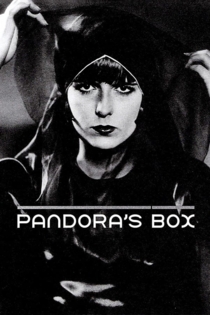
Fünfter Akt, siebte Szene. Fritz Kortner probt Kabale und Liebe
Hans-Jürgen Syberberg
Fritz Kortner, Christiane Hörbiger
This documentation of a Kortner stage rehearsal shows in detail and fascinatingly how Kortner developed psychological tensions with meticulous precision in linguistic expression and gestural construction.
Fünfter Akt, siebente Szene. Fritz Kortner probt Kabale und Liebe
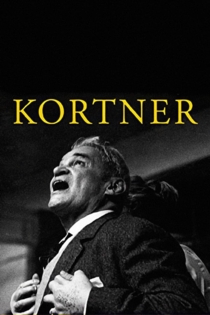
The Razor's Edge
Edmund Goulding
Tyrone Power, Gene Tierney
An adventurous young man goes off to find himself and loses his socialite fiancée in the process. But when he returns 10 years later, she will stop at nothing to get him back, even though she is already married.
The Razor's Edge
